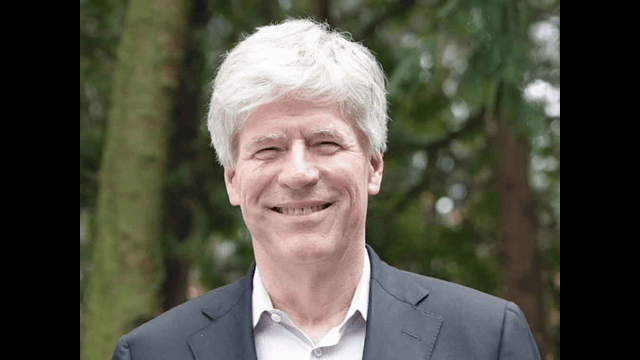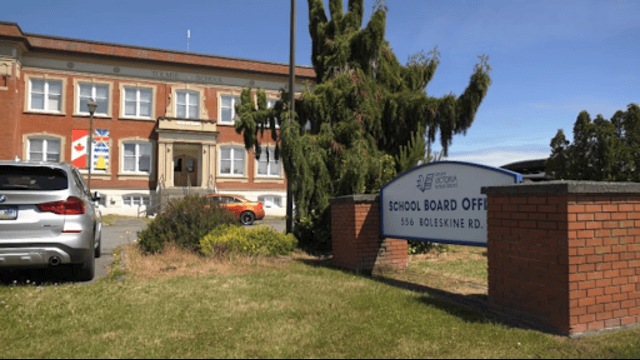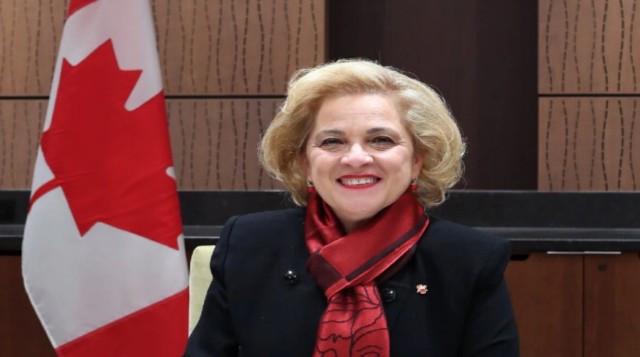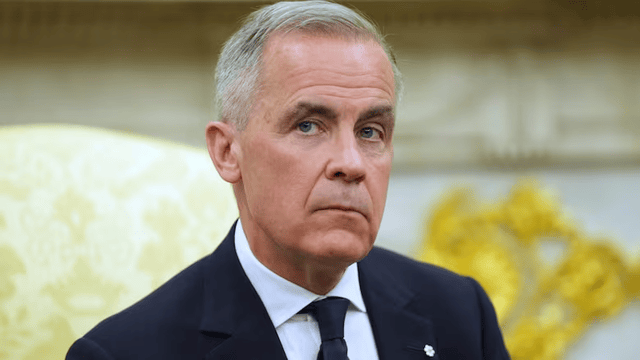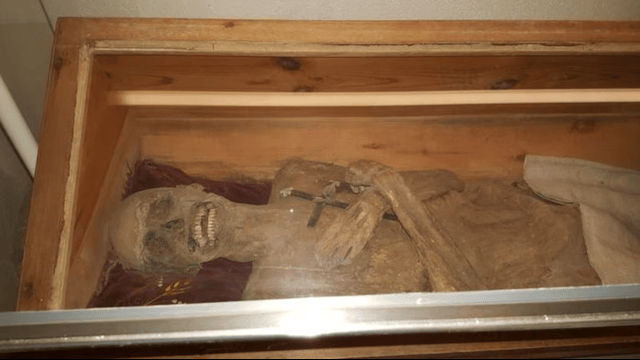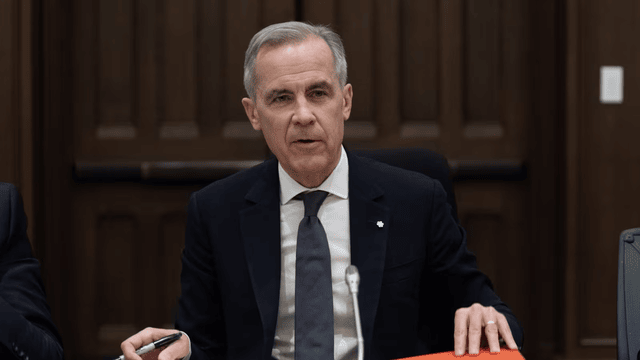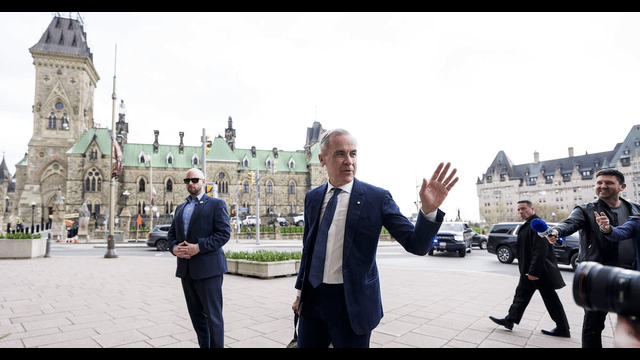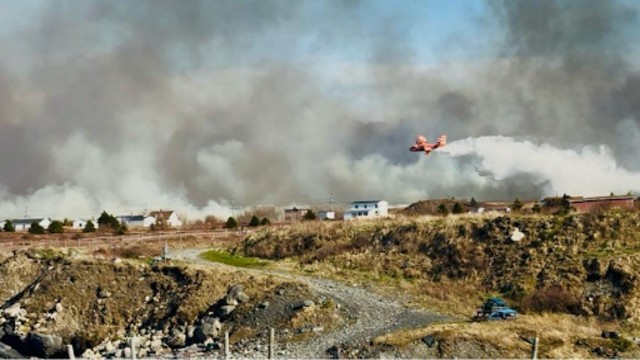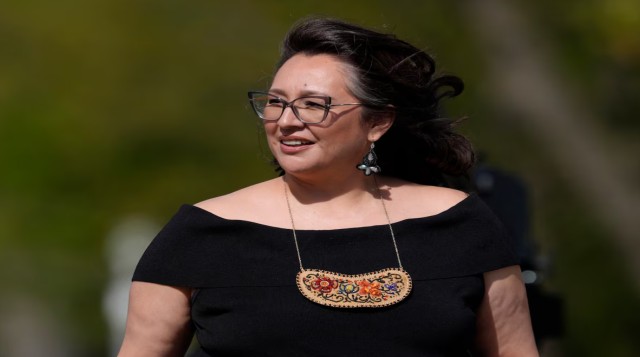
Mandy Gull-Masty attends the cabinet swearing-in ceremony at Rideau Hall in Ottawa on May 13. The Canadian Press
Mandy Gull-Masty has made history by becoming the first Indigenous person appointed to lead Indigenous Services Canada. She was sworn in on Tuesday to oversee services and programs for First Nations, Inuit, and Métis communities. This appointment comes with high expectations, as she faces the challenging task of improving relations between Indigenous communities and the federal government.
A Historic First
Mandy Gull-Masty, from the Cree First Nation of Waswanipi in Quebec, replaces Patty Hajdu as the Minister of Indigenous Services. Her appointment is a significant milestone since the position has only been held by ministers of non-Indigenous ancestry in the past. The role carries a heavy responsibility, especially with the long-standing issues between Indigenous communities and the federal government, which was once known as Indian Affairs.
Cindy Woodhouse, the National Chief of the Assembly of First Nations, expressed that Ms. Gull-Masty will be held to a higher standard because of her background as a First Nations woman. Despite the challenges, Woodhouse believes that Gull-Masty will rise to the occasion and prove her leadership abilities to the entire country.
Leadership and Challenges
As the new minister, Gull-Masty takes over a department with significant unfinished work. Key priorities include reforming the child welfare system and addressing the ongoing issue of clean drinking water access for Indigenous communities. These tasks are crucial and have been long-standing issues that demand urgent attention.
Gull-Masty, a first-time Member of Parliament (MP), won her seat in Abitibi-Baie-James-Nunavik-Eeyou, defeating Bloc Québécois MP Sylvie Bérubé. She has a solid leadership background, having served as the first woman elected grand chief of the Cree Nation in Quebec in 2021. She had previously served as a deputy grand chief for the Eeyou Istchee and as a deputy chief for her own nation.
A Strong Connection to Her People
Gull-Masty's deep connection to the land and people of Eeyou Istchee, an area covering over 300,000 square kilometers, will be an advantage in her new role. As the first Cree woman to serve as a federal MP for the region, she is well-positioned to represent her people and advocate for their needs.
In her role as grand chief, she lobbied for funding to support Indigenous communities and successfully secured $200 million from the Indigenous Community Infrastructure Fund for housing projects. This experience will help her address the pressing issues facing Indigenous communities across Canada.
A Leader for All Indigenous Peoples
Cindy Woodhouse believes that Gull-Masty's leadership will give Indigenous people across the country someone to talk to and advocate for their rights. Gull-Masty’s appointment is seen as a symbol of hope for stronger communication and action between the government and Indigenous communities.
The Cree Nation in Quebec expressed pride in her appointment, calling it a historic achievement for all Indigenous peoples in the country. The Cree Nation believes that Gull-Masty has the capacity to bridge diverse perspectives and advance shared priorities, making her a leader who will serve all Canadians.
Support and Recognition
Indigenous leaders across the country have applauded the appointment, including those in Manitoba, where Rebecca Chartrand, a newly elected First Nations MP, was appointed Minister of Northern and Arctic Affairs. Chartrand’s leadership is also seen as crucial for advancing the needs of northern and Indigenous communities.
Bobby Cameron, Chief of the Federation of Sovereign Indigenous Nations, called the appointment of both Gull-Masty and Chartrand a positive step toward advancing reconciliation and addressing the priorities of First Nations.
Mandy Gull-Masty’s historic appointment as Minister of Indigenous Services Canada is a milestone in Canadian politics. As the first Indigenous person to hold this position, she brings extensive leadership experience to a role full of challenges. Her appointment is seen as a step forward in improving relations with Indigenous communities and addressing longstanding issues such as child welfare and clean drinking water access.


